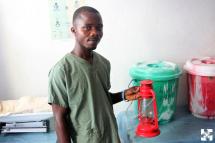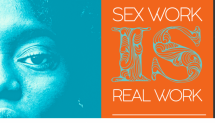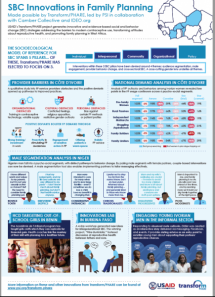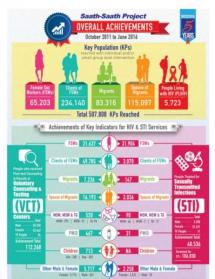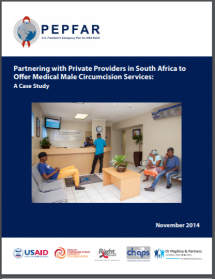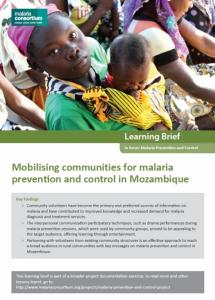Human-Centered Design in the Jungle
Since 2015, Liberia has been rebuilding the country’s health system, which was devastated by a civil war that ended in 2003 and again by the Ebola epidemic that ended in 2015. But improvements in the remote clinics are a ways off. Partners In Health staff and local nurses led an HCD program to improve health care in 19 of the facilities.
For two months beginning in April 2016, the team recorded baseline data — on how often nurses washed their hands during births, for example. Then they gathered county health officials, clinic staff, and locals who had been patients for a breakneck HCD session.
Members of the group interviewed each other and shared their experiences. Challenges were presented and agreed on. Participants spent hours ideating potential solutions to a variety of challenges. For example, one reason why only 37% of clinicians wash their hands correctly seems to be simply heedlessness.
Between May and December 2016 the improvements included a wall calendar with portraits celebrating the best handwashers of each month. The number of clinicians who correctly washed their hands increased from 37% to 72% .
Source: Partners in Health
Date of Publication: March 25, 2019
SIMILIAR RESOURCES
Tools
Examples
- Human-Centered Design Templates and Tools
- Design Kit: The Facilitator’s Guide to Teaching Human-Centered Design
- Barrier Analysis Questionnaires
- Zika and Pregnancy: Questions and Answers
- Design Kit for Human-Centered Design
- What is Human-Centered Design?
- Course on Human-Centered Design
- Principles of Human-Centered Design
- Human-Centered Design - TED Talk by David Kelley
- COVID-19 Hygiene Hub

